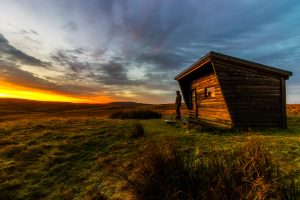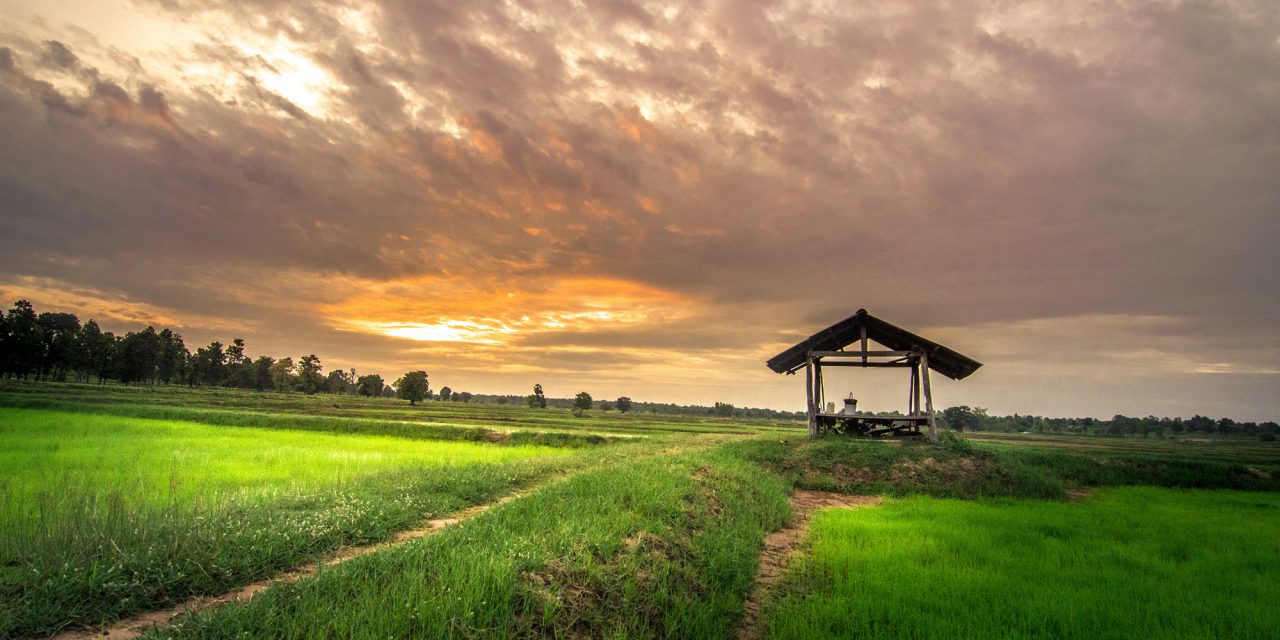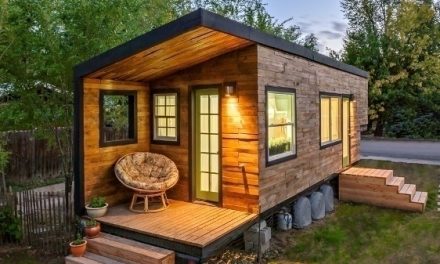In England and Wales, planning laws are quite strict, and are not so friendly towards the siting of caravans and mobile homes to be used as a dwelling. Contrary to popular belief, any structure right down to a tarpaulin strung between trees will need planning if used as a permanent dwelling. In the UK, like many other countries, a Tiny House on wheels is seen exactly the same as a caravan or mobile home. At the moment, any legislation you see regarding siting of a caravan or Mobile Home, also will apply to a Tiny House.
Depending where you are looking to site your Tiny House project, will affect how you are viewed by the local planning department. The most straightforward will be in the garden of an existing house, as long as certain conditions are met, set as the structure not being more than 2.6 metres above the ground at it’s highest point and within the curtilage (legal boundary), and complies to other size and positioning constraints, the process is quite straightforward. You’ll see people with caravans and log cabins/studio in their gardens all over the UK using this principle. It will be ideal for someone who has, for example, parents with a large garden who want to provide their son or daughter with a place of their own without the expense o f buying a house.
f buying a house.
If you have a plot of land to use, there are a few viewpoints. If it is designated as agricultural and over 5 hectares (around 12.5 acres), too are able to apply for agricultural permitted development of an outbuilding. Once the PD has been given the go-ahead, you are then able to site your Tiny House on your land and live in it for up to 5 years, while the agricultural building is erected. After this, you’ll need to apply for full planning.
If you have a plot of land NOT designated as agricultural, or is Agricultural and under 5 hectares, you’ll need to apply for planning permissi
on.
Woodland living is another different case, and many people have built cabins for dwelling full time, but needed to prove the need to be living on site in the woodland. A typical reason will be for charcoal burning.
Most people who want to have their own Tiny House, either because they love the whole concept of living minimal, or another major reason is really high house prices in the area, will have a slog to win the planning department over. I feel the way forward, especially in population centres such as London, Manchester, etc, where diversity is welcomed, will be to form a co-operative with other Tiny House owners to purchase or more likely rent/lease a plot of land and apply for planning for a site to accommodate a number of Tiny Houses, say 5 or more.
Sensitivity of the site will be high on the agenda for both future occupants and the local authority. As a resident, you will want access to shops and public transport, and from the authority side, they will want to see a sound plan to show the project will work without disturbing existing residents in
the area, who will initially be potential objectors too.
All over the Uk, there are mobile home sites, and on the same basis exclusive Tiny House sites can flourish, offering community and security for the occupiers on site. Having like minded neighbours, all living Off Grid, can share ideas and concerns that may come up day to day.
More detailed information will be covered on this area in the future, especial ly Scotland, where legislation on Hut living is different. In the meantime, a few links below to expand on planning rurally:


